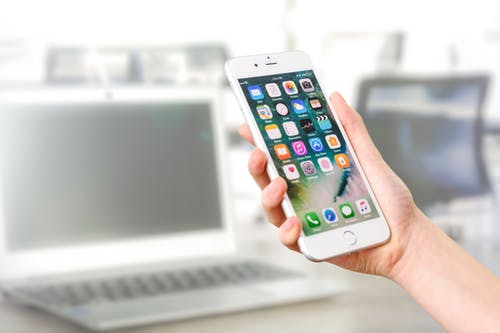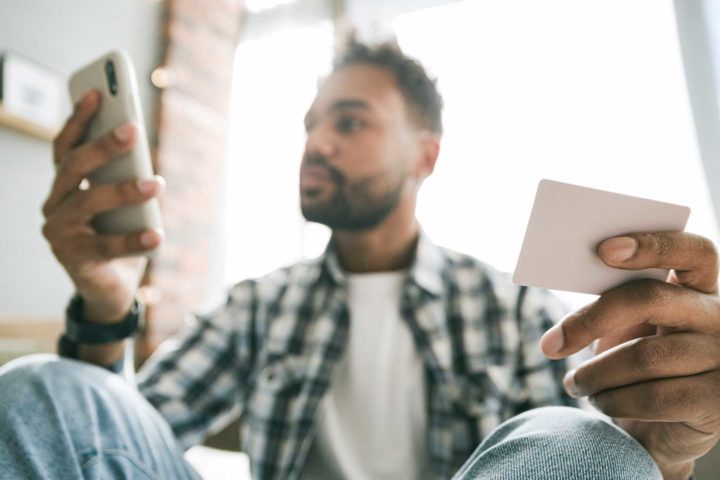In the modern day, estates are starting to change because of the increased usage and popularity of digital devices. This means that, when considering your estate and assets, there’s more than just physical items to consider, there’s your digital assets too.
Digital Assets
Generally, a digital asset is anything that’s stored in a binary format. This can include any websites you own, your online accounts, email accounts and social networking. Plus anything stored on your phone or laptop, such as photographs, messages, Word documents and spreadsheets, and much more.
There may be an assumption that, because these assets are not physical and are digital instead, they aren’t significant or aren’t official ‘assets’. This is very wrong. Their digital nature does not change the fact they are assets and form part of your estate. Therefore, it’s important that you decide what should be done with these assets when you die and leave instructions for your executor accordingly.
There are many reasons why you may wish for someone to be able to access your digital assets after you die. Some of them may have monetary value which you may wish to pass on to a beneficiary of your choice. Such assets could include your PayPal account or bitcoins, for example.
You may also wish to consider what happens to your social media accounts after you die, such as Facebook, Instagram and Twitter. Often, people choose not to let their accounts remain online following their death. Simply leaving your login details for a family member or friend may not be allowed. This is because it’s against Facebook’s policy to log into someone else’s account at all. You can set a ‘legacy contact’ on Facebook though, which is someone who will have access to some information on your account and make decisions.
Knowing what you actually own
When it comes to digital assets, it’s easy to think you own more than you actually do… How greedy of you!
For example, when we use online services, we agree to terms and conditions at the beginning. The T&Cs enforce restrictions on our use of these digital ‘assets’, which we should actually call ‘digital services’. Although it may seem like an asset e.g. a Spotify account, you are actually just signed up to use a service.
Where you use or acquire content, it may be the case that you simply have a license to use such content. In the terms and conditions, such licenses are often stipulated to terminate upon death.
This means that you cannot pass on digital items of this nature to a loved one.
Many people don’t know this, but certain T&Cs may apply to photos you upload to some social networking sites. They state that they own any content you upload.
Take your digital version of The Beatles’ Sgt Pepper’s Lonely Hearts Club Band as another example; you may wish to pass on this famous album to your children or grandchildren. A lot of digital music is acquired on a licensed basis, meaning it may not even be yours to pass on.
Don’t worry too much though; it’s not all bad news! You do still have rightful ownership to photos and music stored electronically on your device itself.
Unfortunately though, it may be hard to access such digital assets on your devices. Firstly, it’s unlikely that anyone else will know your phone password or PIN. Therefore, it may be necessary to ask a manufacturer to unlock the device in question. However, manufacturers are often reluctant, on privacy grounds, to allow access to devices… even if the police come knockin’!
If you definitely do own digital assets, they may be of some value. This means that you can pass them down (bequeath) to loved ones. However, the value of such assets can be hard to pinpoint accurately, which may be important for inheritance tax purposes. So regarding photographs, the executor will need to consider the copyright owned by the estate.
What should you be doing?
It’s important to think about what you would like to happen to your digital assets once you die. Some digital assets of yours may be of great sentimental value to your family members.
Because some of your digital content may be owned by an Internet Service Provider (ISP), there may be difficulties in accessing them. This is because ISP’s have T&Cs which may restrict access following the account user’s death. Therefore, it would be wise to back up your digital assets in some other form. For example, with your photographs, you could store them on a disc or even print out hard copies, like the good old days…
If you’d like to talk about your digital assets, our local experts are more than happy to chat with you!




